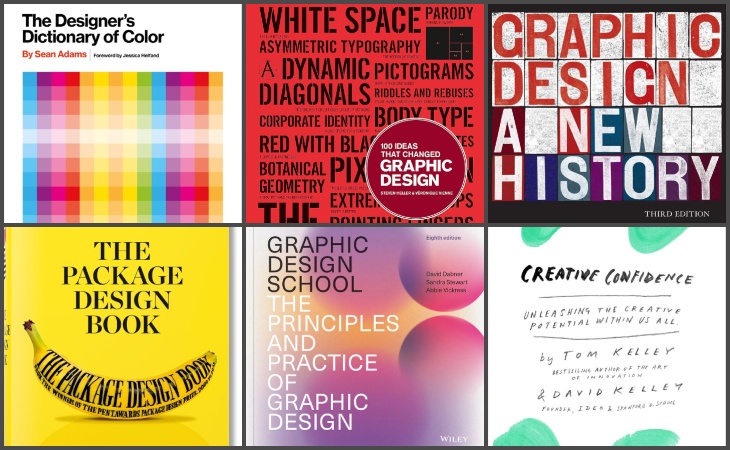Embarking on the journey of graphic design can be thrilling yet daunting, especially for beginners. The right resources can illuminate this path, transforming challenges into opportunities for growth and creativity. Our curated list of the top graphic design books on Amazon is specifically tailored to inspire and educate those new to the field. From understanding the fundamentals to exploring advanced concepts, these books are your gateway to mastering the art of graphic design. Whether you’re a budding designer or simply seeking to enhance your creative skills, these books are essential tools in your design toolkit.
Related Post: How to Become a Freelance Graphic Designer
Here at Huntlancer, we strive to stay up-to-date on the latest trends in art, design and multimedia. We are dedicated to engaging with artists to grow our network and constantly featuring new products that properly reflect the vision of these talented creatives.
When you purchase through links on our site, we may earn an affiliate commission.
What are the best graphic design books for beginners?
For beginners in graphic design, certain books stand out. Graphic Design School: The Principles and Practice of Graphic Design offers an excellent foundation, blending theory with practical tips. 100 Ideas that Changed Graphic Design provides a straightforward and insightful overview of key design concepts, ideal for newcomers. Additionally, Creative Confidence: Unleashing the Creative Potential Within Us All is a great read for those new to the creative fields, encouraging the development of creative thinking and problem-solving skills. These books are perfect for those starting their journey in graphic design.
Best Graphic Design Books on Amazon
100 Ideas that Changed Graphic Design
“100 Ideas that Changed Graphic Design” is a brilliantly curated book that showcases the author’s selection of the top 100 influential concepts in graphic design. Covering a wide range from typography to architectural influences, this book is lauded for its straightforward and concise presentation. It avoids lengthy historical expositions, focusing instead on the ‘what, when, and how’ of each idea, supplemented with practical examples. Ideal for moments of creative block, the book serves as a source of inspiration and a guide to applying these ideas in modern design. The layout strikes a perfect balance between informative text and illustrations, making it an essential resource for beginners eager to elevate their design skills and grasp the fundamentals of impactful graphic design.
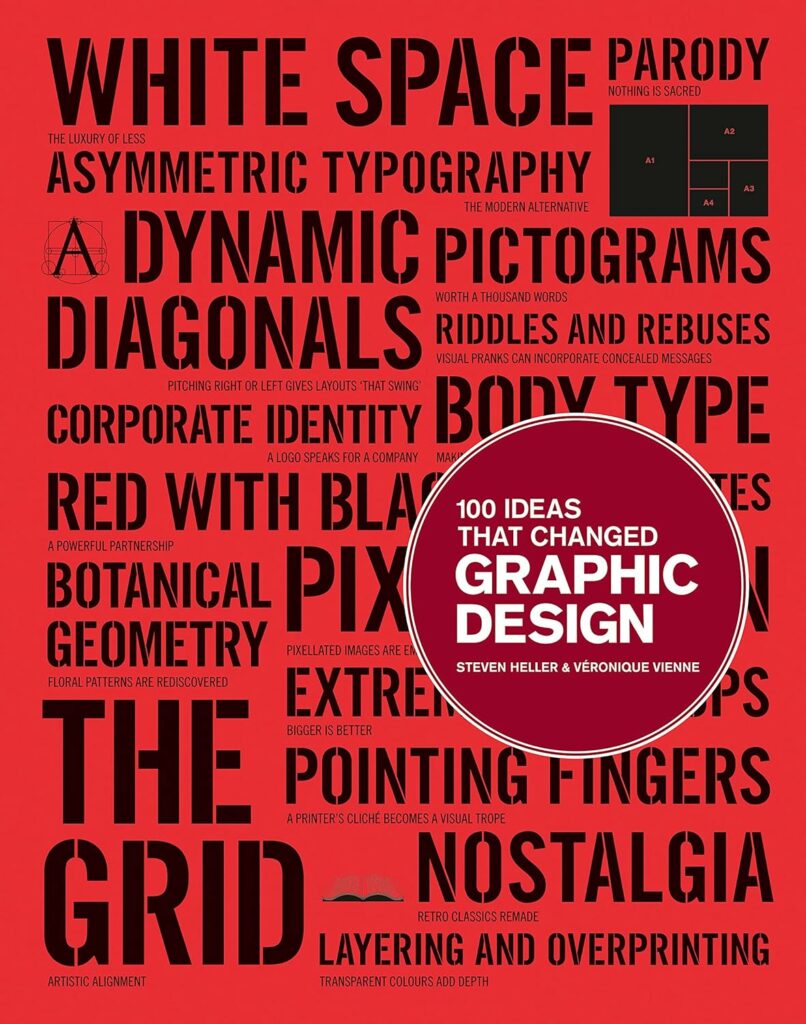
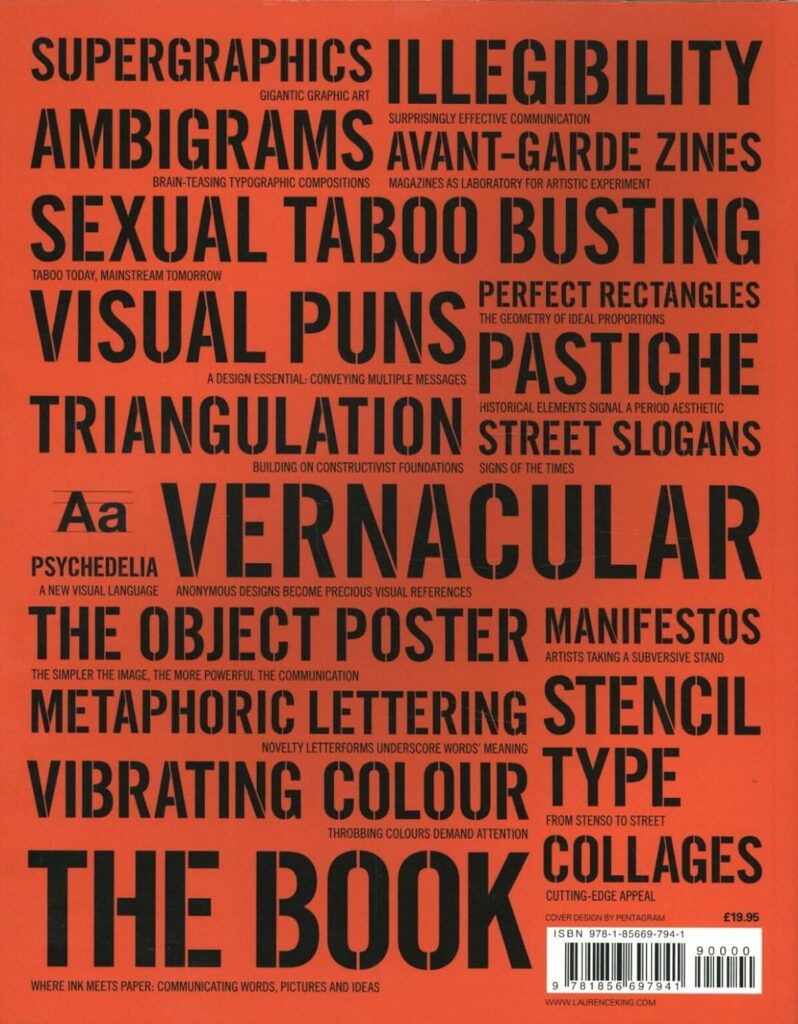
Graphic Design School: The Principles and Practice of Graphic Design
“Graphic Design School: The Principles and Practice of Graphic Design” is a standout resource for anyone passionate about graphic design. Its pages are adorned with high-quality, inspiring design examples, making it much more than just a textbook. The book excels in presenting the basics of graphic design, seamlessly blending theory with practical tips and visually striking gridwork. It’s particularly noteworthy for its comprehensive coverage of essential topics like design, typography, color theory, composition, and printing. This book is not just for beginners; it’s a treasure trove of inspiration and knowledge, perfect for keeping as a reference in a graphic artist’s library. Whether you’re a student or a professional, this book, along with other resources, can elevate your understanding of graphic design, offering a fresh perspective on creating impactful visuals.
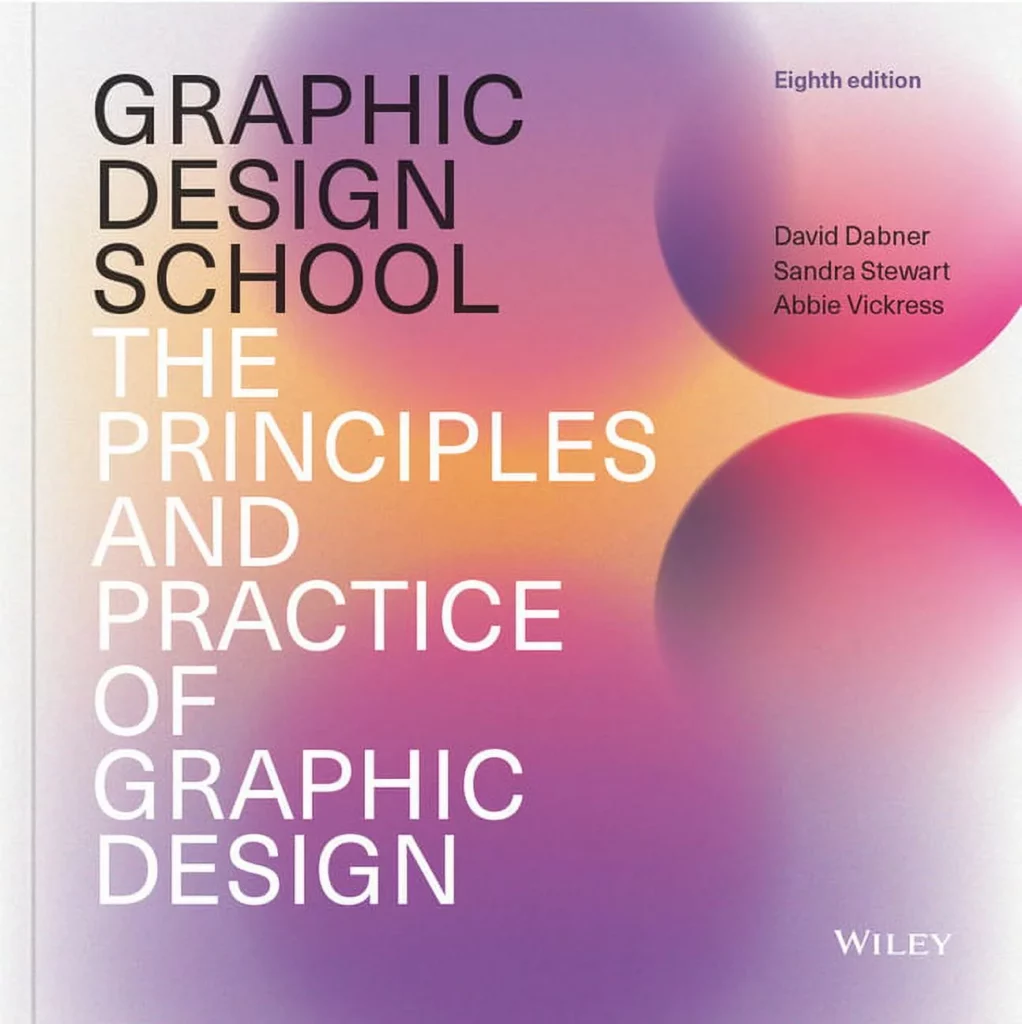
The Package Design Book
“The Package Design Book” is an invaluable source of inspiration for design enthusiasts and professionals alike. Showcasing the best in packaging design, it covers a wide range of products, many of which are integral to our daily lives, yet often go unnoticed. The book is a visual feast, printed on high-quality paper and filled with gorgeous photographs and captivating write-ups about each featured product. It’s an excellent resource for product designers, offering a rich collection of creative, witty, and beautifully designed packaging. This photo-centric book is more than just a display of aesthetic appeal; it’s a celebration of functionality and innovation in design, providing extraordinary examples and advice that can spark creativity in any designer.
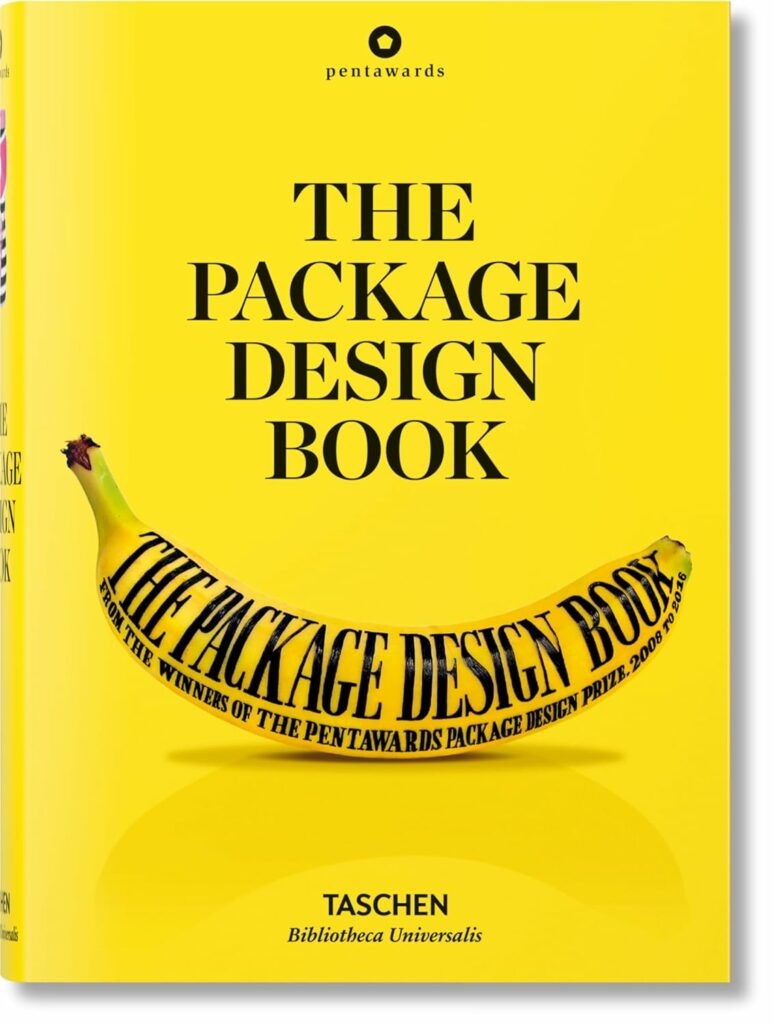

How to Be a Graphic Designer without Losing Your Soul
“How to Be a Graphic Designer without Losing Your Soul” has become a classic in the field of graphic design. Its expanded edition only solidifies its must-read status, especially for those in the realms of visual culture and communication. The book’s engaging content and thoughtfully designed layout make every page a conversation starter beyond the realm of graphic design. It’s particularly useful for young designers, offering insights into career direction and the job market, though it leans more towards those at a mid-level. The book excels in providing advice on resumes, job hunting, specialization, and interviewing, while also offering a broader view on starting a business and freelancing. While it’s packed with helpful information, some may find it lacking in actionable advice. The latest edition updates are relevant to current trends in graphic design, making it a valuable read for students and professionals seeking to understand the industry better. This book doesn’t just teach design; it’s about growing as an individual designer, with plenty of real-life examples and references to other designers and books for a comprehensive perspective.
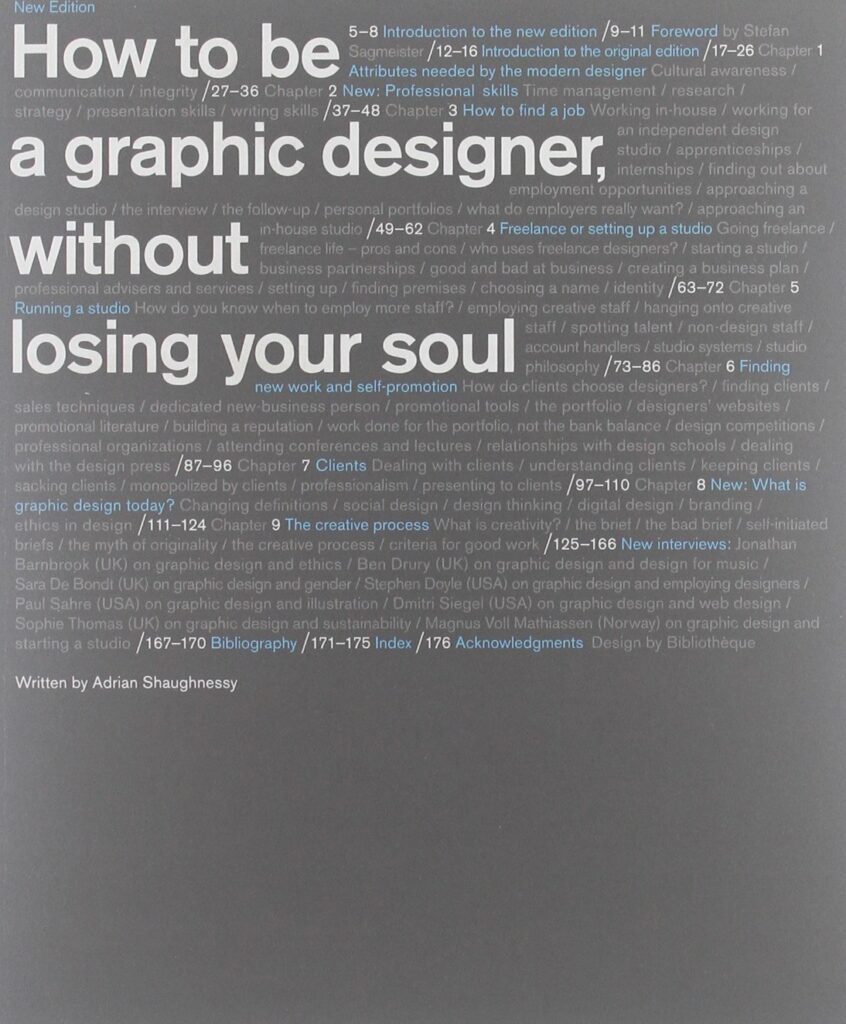

Graphic Design: A New History
“Graphic Design: A New History” is an exceptional book that manages to be both academically rigorous and highly readable. The book offers a comprehensive exploration of graphic design’s evolution from the 19th century to contemporary times. Author Stephen J. Eskilson delves into design’s early beginnings, tracing its development through the Industrial Revolution and into the modern era. The book is especially notable for its detailed examination of the Victorian-age reforms, the rise of modernist design in the 20th century, the impact of wartime on regional styles, the influence of the Bauhaus, the emergence of the International Style, and the postmodern movement. Accompanied by brilliant work samples that effectively illustrate key concepts and design rules, this book is not only informative but also a pleasure to handle, thanks to its thick, silky paper.
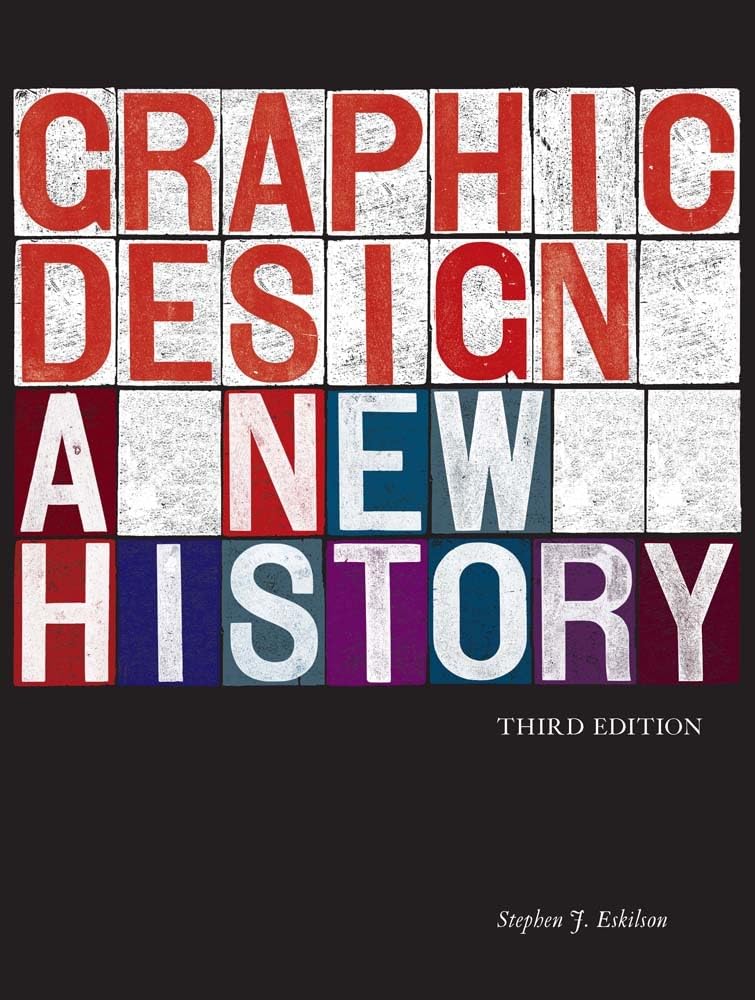
Graphic Design Thinking: Beyond Brainstorming
“Graphic Design Thinking: Beyond Brainstorming” is an insightful book that goes beyond showcasing designs to explaining the thought processes and exercises behind creating outstanding work. It’s an excellent resource for both new and experienced graphic designers, offering strategies for idea generation, case studies, collaboration techniques, and hiring insights. While the book provides a comprehensive overview of creative techniques used in graphic design, some readers may find the case studies a bit brief, leaving them curious about the further development and final outcomes of the projects. Nonetheless, its approach to using examples from community organizations rather than just major corporations makes the content more relatable and valuable, especially for aspiring designers seeking practical insights into design methods.
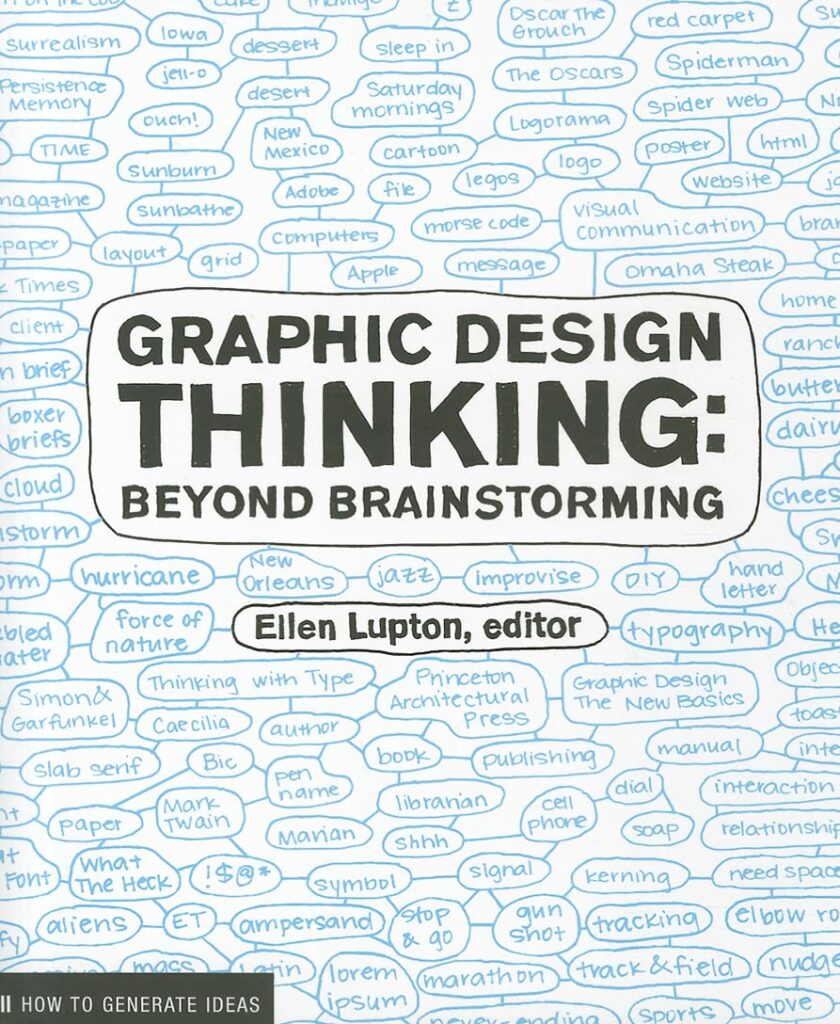
Logo Modernism
“Logo Modernism” is a highly acclaimed book for any designer fascinated by the art of logo creation. Praised for its focus on shapes and forms, the book presents logos in black and white, emphasizing simplicity and scalability. This distinctive approach allows designers to concentrate on the essence of design without the distraction of color. The book is organized into useful categories like shapes, vertical lines, circles, and monograms, addressing common challenges in logo design. It’s an invaluable resource for designers of any experience level, offering inspiration through a vast collection of exceptional logos. The book’s large size and hardback format make it a substantial addition to any designer’s library, serving as a veritable bible for logo design with informative text and beautifully presented logos.
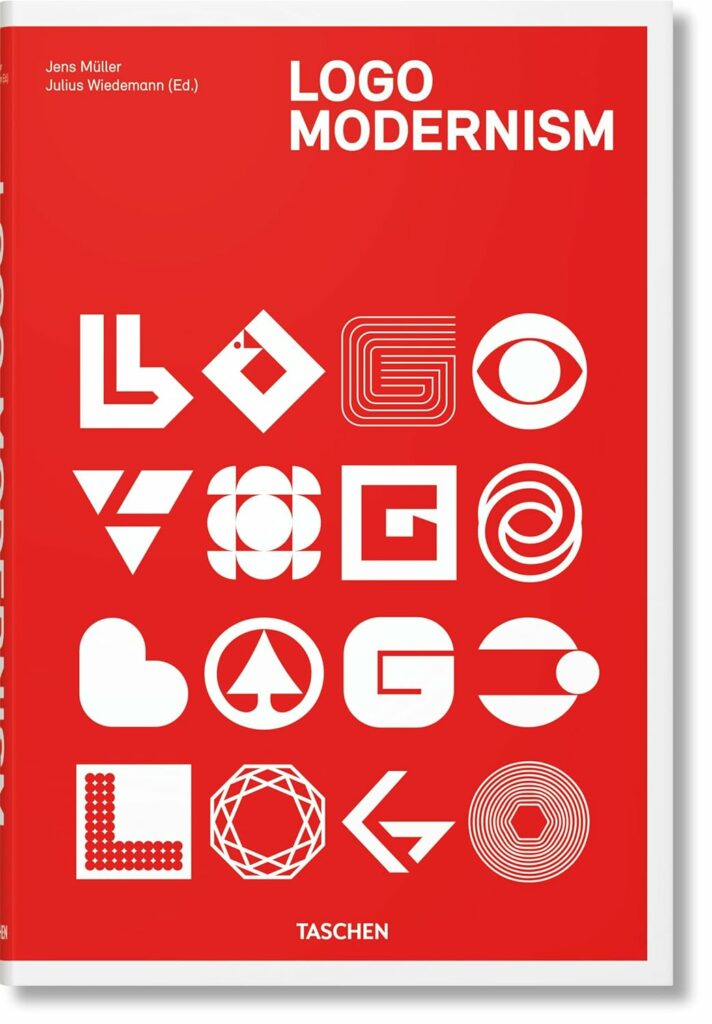
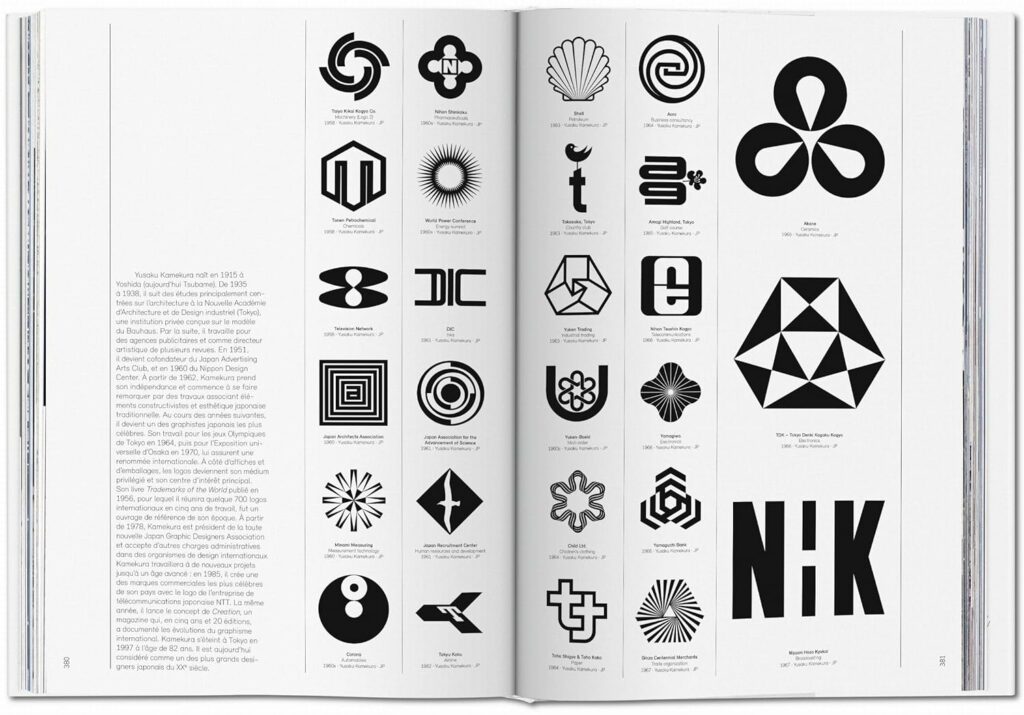
Graphic Design Rules: 365 Essential Design Dos and Don’ts
“Graphic Design Rules: 365 Essential Design Dos and Don’ts” is an invaluable resource for any graphic designer seeking quick, reliable information on various design challenges. The book stands out for its historical perspective, providing deeper insights than contemporary design themes. It’s an excellent tool for both professional and senior designers, offering concise, educational content in an engaging and fun manner. The book’s witty writing style does not compromise the accuracy and informativeness of its content, making it both a source of amusement and a practical reference guide to avoid common pitfalls in graphic design.
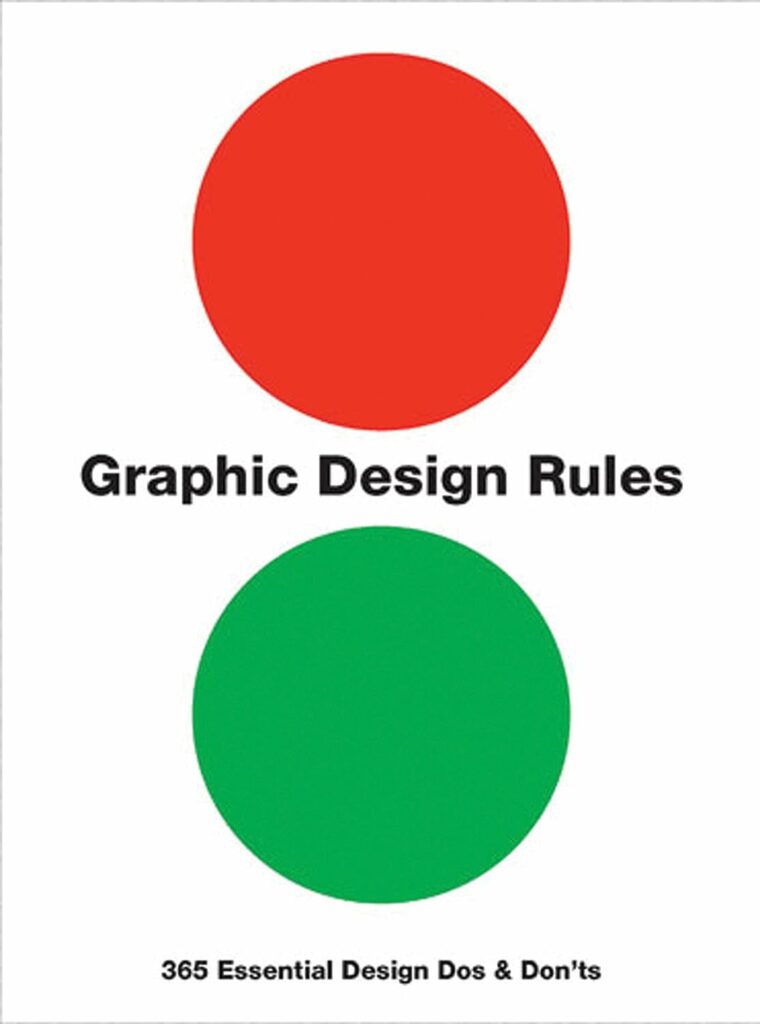
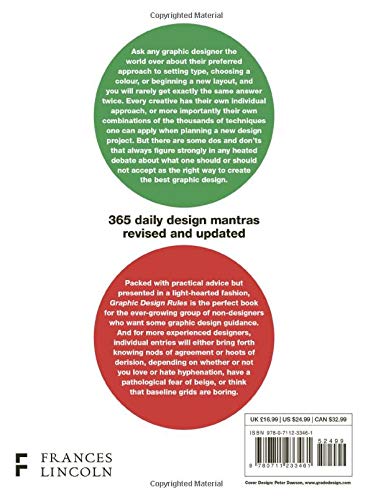
Creative Confidence: Unleashing the Creative Potential Within Us All
“Creative Confidence: Unleashing the Creative Potential Within Us All,” co-written by David and Tom Kelley, is an inspiring read that challenges the misconception that creativity is an innate trait possessed by only a few. Drawing inspiration from Steve Jobs’ profound creative confidence, the book emphasizes that everyone has the potential to be creative and achieve ambitious goals. It’s especially relevant for newcomers in the design field, offering insights into creative thinking. The book is a great resource for anyone in a creative field, particularly product design, as it covers various aspects of building creative confidence, supported by relatable examples of entrepreneurs and inventors.
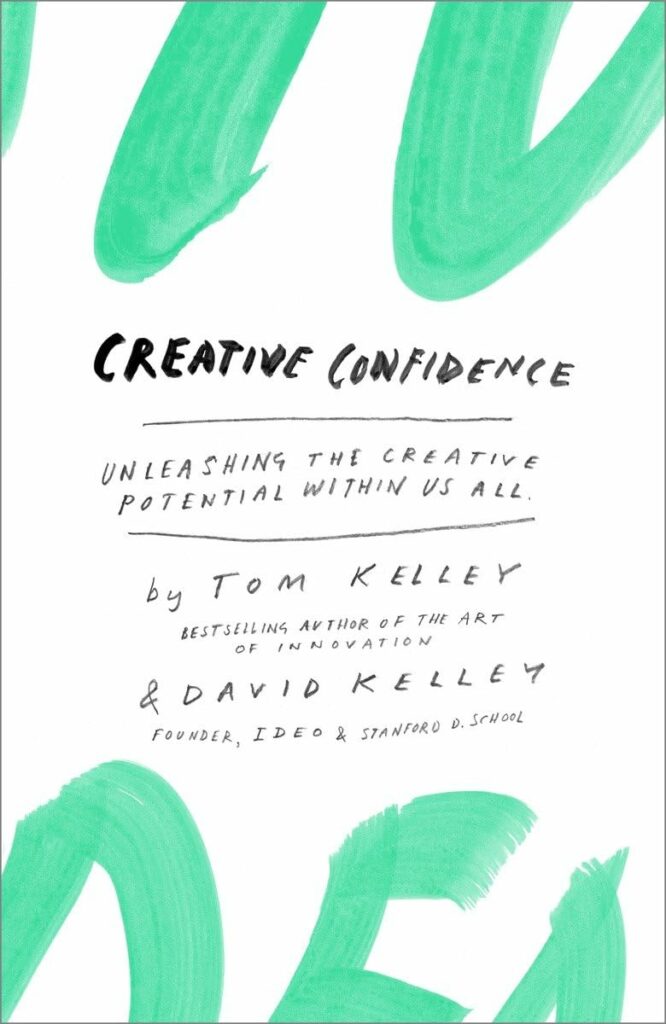
The Designer’s Dictionary of Color
“The Designer’s Dictionary of Color” is an essential guide for digital painters and designers, offering a deep dive into the historical and emotional significance of various colors. The book is noted for its premium printing quality and impressive hardcover. It excels in explaining the cultural and historical associations of colors, providing a rich array of examples from design history. This book is highly recommended for anyone interested in the interplay of color, design, and historical context. It also touches upon the diverse cultural meanings and values of colors, serving as a great source of inspiration and guidance in color schemes.
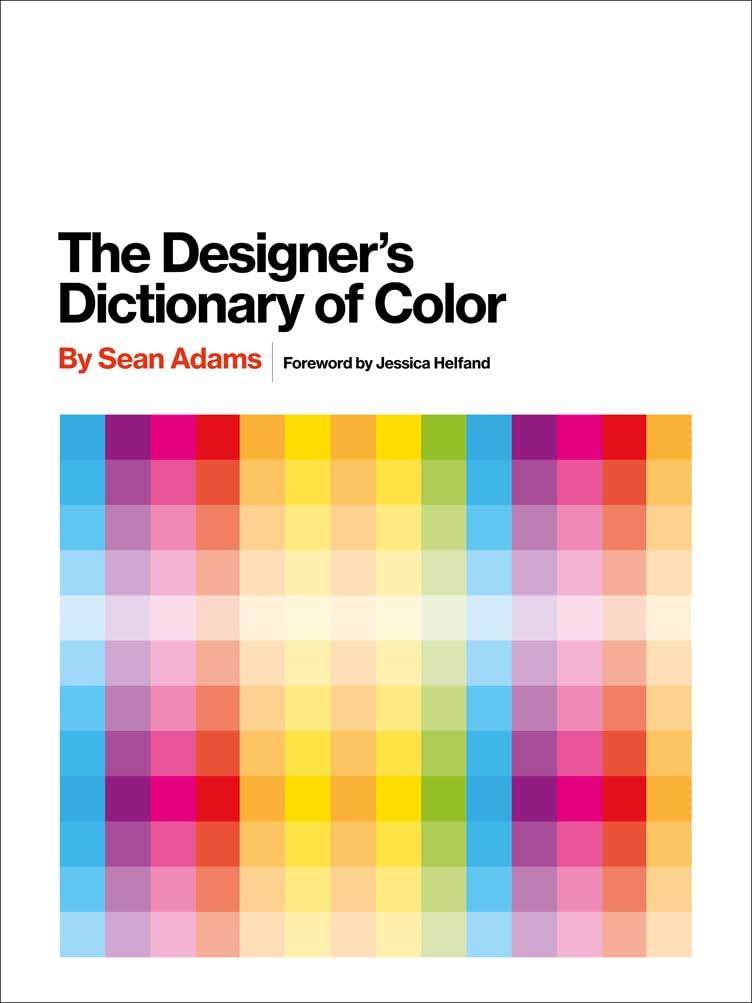
Conclusion
Graphic design is a field of endless exploration and creativity. These top 10 graphic design books offer a wealth of knowledge and inspiration, catering to a wide range of interests and skill levels. Whether you’re delving into the basics or seeking advanced techniques, each book provides a unique perspective to enrich your design journey. Keep exploring, keep learning, and let these books be your guide in the vibrant world of graphic design.
